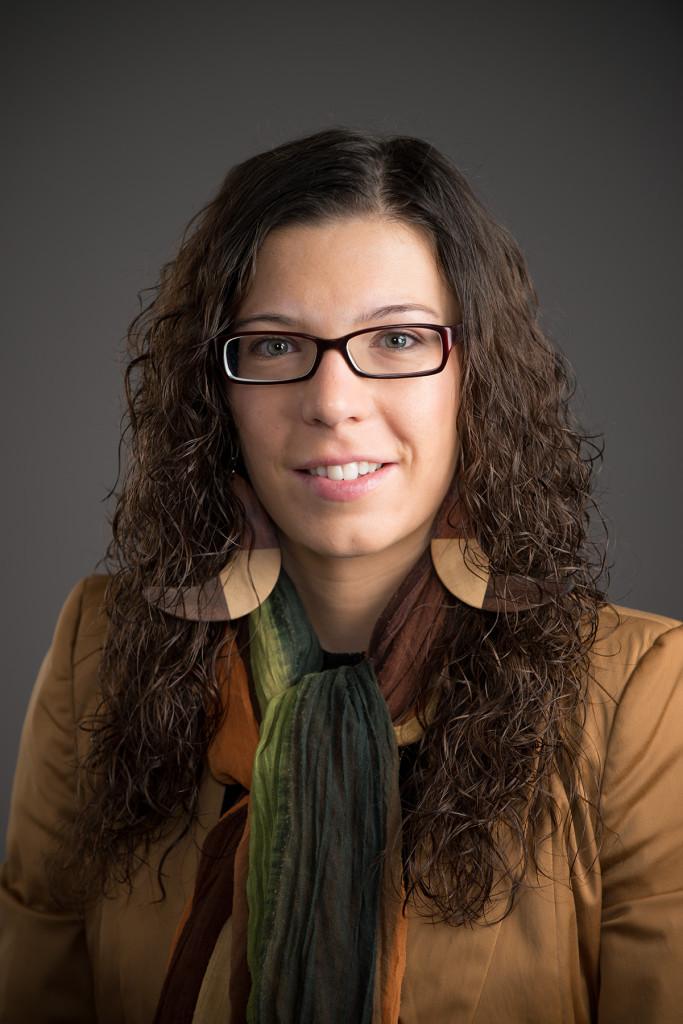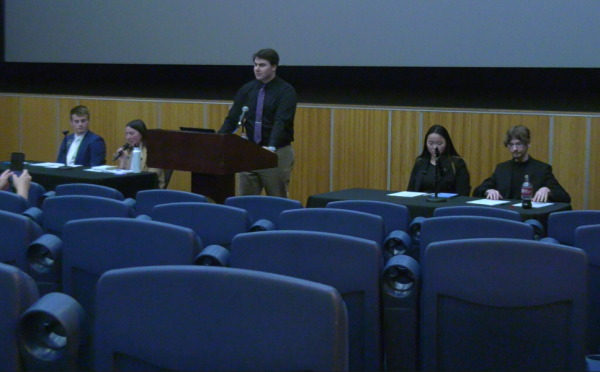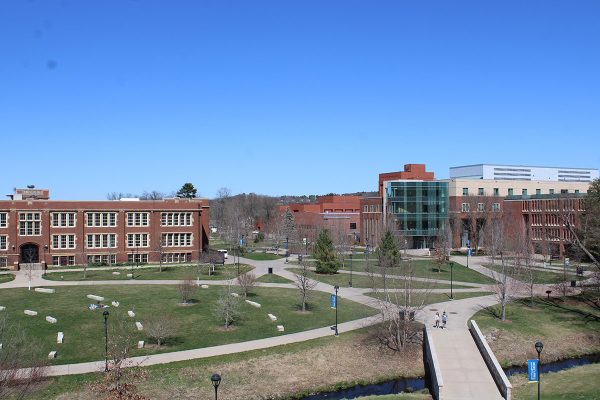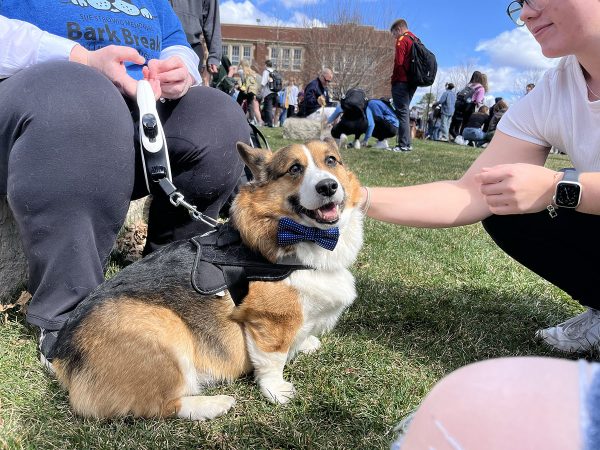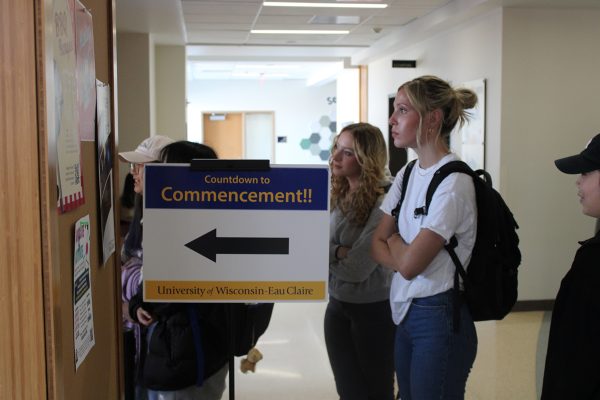Meet your professor
Sara Echarri Recarte, Spanish
April 3, 2014
Austin Mai: Tell me about yourself and your background.
Sara Ecarri Recarte: I was born in Artajona, Spain. I was born and raised in that farm village, so I consider myself a farm girl. I went to college in Spain for translation and interpreting. My first language in terms of translation was English, then French and Italian as a complementary language. I also specialized on the translation of medical and legal terms during this time. I spent three and a half years in Spain and half a year in Brussels, Belgium practicing my French. I came to the States to do a two-year master’s degree program at West Virginia University. I went for second language acquisition because I was really interested in how the brain works in terms of learning a language. I’ve also always loved teaching and I wanted to experience it. At the same time I was studying at WVU, I was also teaching.
AM: What interested you in teaching?
SER: My dad is a teacher, so that was probably an influence. The main reason why is because of the teaching differences in Spain. In Spain we study English for years, and someone who may have studied English for ten years may not be able to carry a conversation at a 101 Spanish level here. This means the method used for teaching English in Spain is not appropriate. I learned this when I went to school and began to learn the methods of teaching. I became really interested in learning how to teach a language, and thought I could master that skill and take it back to Spain and try to change the English teaching process.
AM: What is your favorite part of teaching?
SER: I like seeing the students become motivated and get it. I work for students to understand the real world application of the language.
AM: If you weren’t teaching, what would you do?
SER: I do translation and interpreting as a hobby currently, but I imagine I’d be doing something related to social work or public relations, I like to be in contact with people. I’d probably be doing those things in Spain.
AM: Why did you come to the U.S.?
SER: When I applied at West Virginia, I had the mindset that most of the studies are published in English. I didn’t want to study in Spain, have Spanish classses, read research in English, but have to write Spanish papers, I wanted to be totally immersed in the English speaking world. I came to the U.S. hoping to rekindle relationships I had with my host family in Boston. When I was 16 and 17 I was in summer programs in the States and wanted to visit them as well. Many American universities have good reputations in Spain and West Virginia was the only I was eligible to apply which allowed for my graduate studies as well as teaching at the same time.
AM: How long have you been at UWEC?
SER: I came here in August of 2012, so this is my fourth semester.
AM: What are the major cultural differences between here and Spain?
SER: I could talk for hours about this, but I will focus on some. We don’t have any personal space in Spain, so sometimes it’s awkward in social situations here in the States. I don’t know whether I’m supposed to shake hands or hug, and sometimes hugs are different so I don’t want to make anyone uncomfortable. Public transportation is big in Spain while here a car is practically a necessity. Cities are structured differently in Spain, people generally live near or around the downtown area, which makes getting around much simpler. Here, houses and businesses are much more spread out. The University atmosphere is different as well where in Spain, the relationship between teacher and student isn’t close in any way. Here, teachers tend to get to know their students much better and relationships grow closer. In Spain, grades in collegiate courses are most often based on your final exam grade while here students have all semester to add to their grade.

